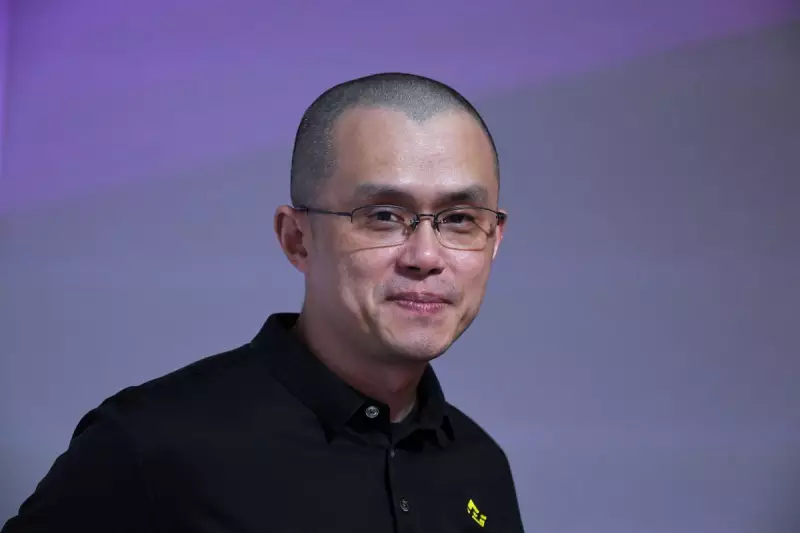
In a move that's sending shockwaves through both political and cryptocurrency circles, former President Donald Trump is reportedly considering a presidential pardon for Binance founder Changpeng Zhao, should he return to the White House.
The Crypto King's Legal Troubles
Changpeng Zhao, commonly known as "CZ," faces significant legal challenges after pleading guilty to multiple charges related to his cryptocurrency exchange. The billionaire entrepreneur stepped down as CEO of Binance last November as part of a substantial $4.3 billion settlement with US authorities.
The charges against Zhao and his company include serious violations of anti-money laundering regulations and federal sanctions laws. His sentencing has been postponed to April, creating a window of uncertainty in what many considered a settled case.
Trump's Growing Crypto Alliances
This potential pardon forms part of Trump's broader strategy to position himself as a champion of the cryptocurrency industry. The former president has been actively courting digital asset investors and industry leaders, presenting himself as an alternative to what he describes as the Biden administration's "hostile" approach to crypto.
Political analysts note that Trump's warming relationship with the tech sector marks a significant shift from his previous administration's stance. The move appears calculated to tap into the growing political influence of cryptocurrency enthusiasts and investors.
Legal and Political Implications
The possibility of a Zhao pardon raises complex questions about:
- The appropriate use of presidential pardon powers
- The intersection of cryptocurrency regulation and political influence
- The precedent it might set for other tech executives facing legal scrutiny
- The potential impact on ongoing cryptocurrency regulation efforts
Legal experts are divided on the implications, with some arguing it could undermine regulatory enforcement, while others see it as a legitimate exercise of presidential authority.
Broader Political Context
Trump's courtship of the cryptocurrency industry comes amid his broader campaign efforts to build alliances across various sectors. His team has been actively engaging with technology leaders and billionaire investors, seeking both financial support and political endorsements.
The former president's changing stance on cryptocurrency regulation reflects the evolving political landscape, where digital assets are becoming an increasingly important issue for voters, particularly among younger demographics.
As the 2024 election approaches, observers will be watching closely to see how these relationships develop and what they might mean for the future of cryptocurrency regulation in the United States.





